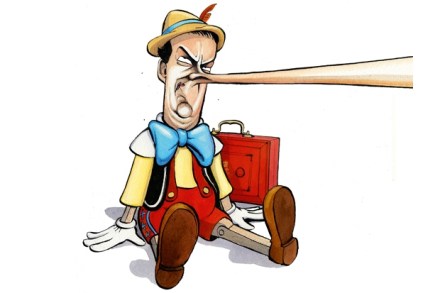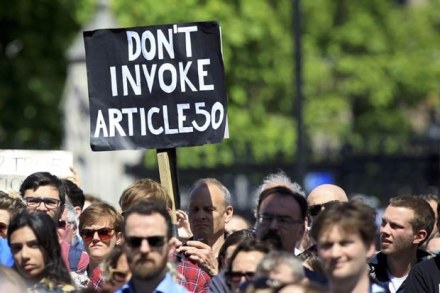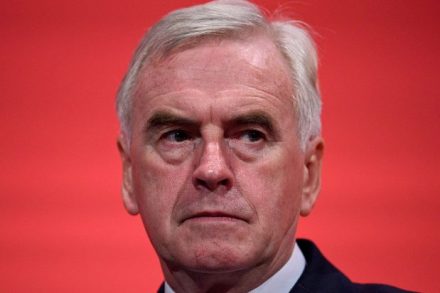Falling inflation marks another nail in the coffin for Project Fear
So, another post-Brexit horror story fails to materialise. When the stock market failed to crash and the economy failed to slump, the continuing Remain campaign hit on another fear: inflation. When the CPI rose in September to one per cent, it was predicted to be merely the beginning of a trend which would see prices surge as a result of the fall in the pound. Instead, the CPI fell back slightly last month to 0.9 per cent. It may well rise again in the coming months, but it is already clear that it is going to be hard to maintain the narrative of a Brexit-inspired inflationary spiral. At 0.9 per




















